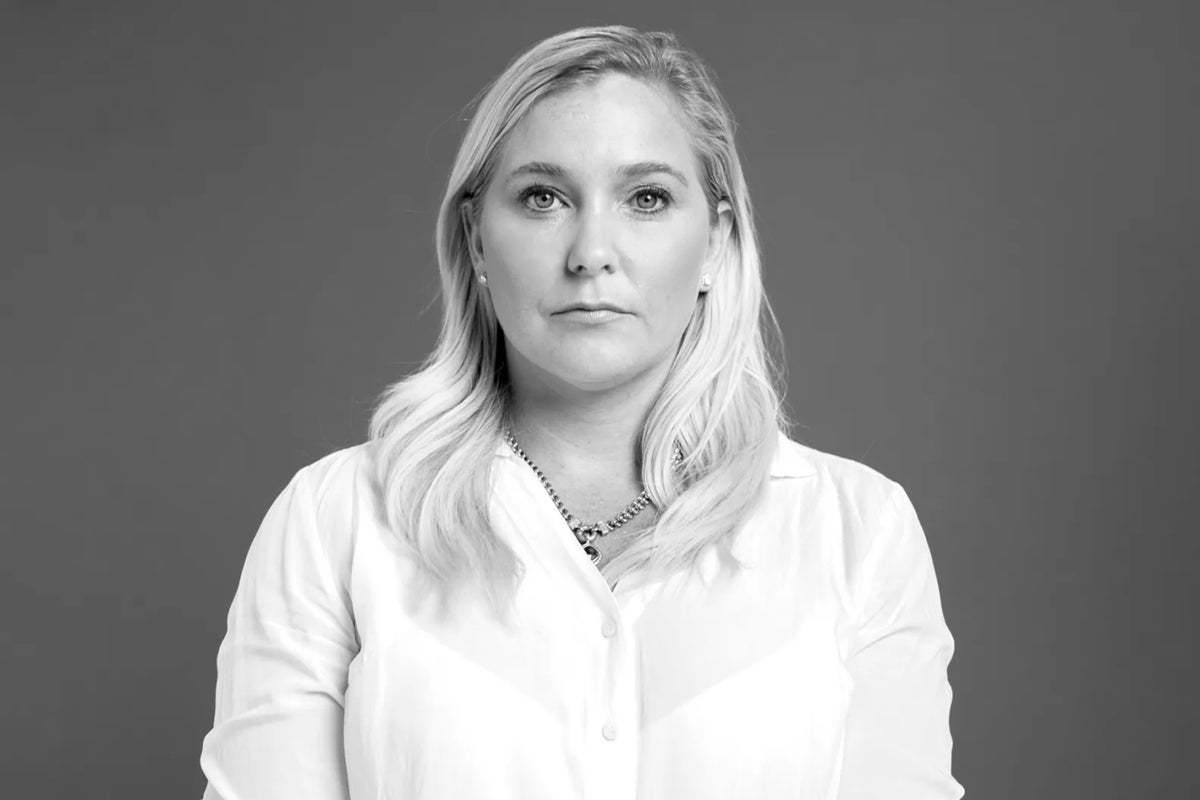Virginia Roberts Giuffre’s Family Celebrates Her Courage While the Monarchy Faces a Reckoning, Challenging the Status Quo of Power and Privilege in a World Demanding Accountability and Justice for Victims of Abuse
The recent developments surrounding Virginia Roberts Giuffre and her family have ignited a firestorm of debate, particularly in light of Prince Andrew being stripped of his royal titles. Giuffre, who has become a prominent figure in the fight against sexual abuse and exploitation, has garnered support from her family, with her brother, Sky Roberts, publicly praising King Charles III for taking decisive action. This moment not only signifies a personal victory for Giuffre but also raises broader questions about accountability, power dynamics, and the role of monarchy in contemporary society.
Virginia Roberts Giuffre’s story is one that resonates deeply with many, as it encapsulates the struggles faced by survivors of abuse. Her allegations against Prince Andrew, which emerged in the wake of the Jeffrey Epstein scandal, have placed her at the center of a global conversation about the treatment of victims and the responsibilities of those in power. Giuffre’s courage in coming forward has inspired countless others to share their own experiences, challenging the silence that often surrounds such traumatic events.
The stripping of Prince Andrew’s titles is a significant moment in the ongoing saga of the British monarchy. It reflects a growing awareness and intolerance for the actions of individuals who abuse their positions of power. Sky Roberts’ praise for King Charles III highlights a shift in the monarchy’s approach to accountability, suggesting that the institution is beginning to recognize the need for reform in the face of public outcry. This could be seen as a pivotal moment, not only for the royal family but also for institutions worldwide that have historically shielded powerful individuals from the consequences of their actions.
The monarchy has long been a symbol of tradition and privilege, often perceived as being above the law. However, the recent events surrounding Prince Andrew challenge this notion. The public’s demand for accountability has reached a fever pitch, and the monarchy’s response could set a precedent for how similar institutions handle allegations of misconduct. The implications of this shift extend beyond the British royal family, as it could influence how other nations and organizations address issues of power and abuse.
Giuffre’s family has expressed pride in her bravery, emphasizing the importance of her fight not just for herself but for all victims of abuse. This sentiment resonates with a growing movement advocating for survivors’ rights and the dismantling of systems that enable abuse to flourish. The conversation surrounding Giuffre and Prince Andrew is emblematic of a larger societal reckoning, where victims are increasingly empowered to speak out and demand justice.
The historical context of the monarchy’s relationship with power and privilege cannot be overlooked. For centuries, royal families have wielded immense influence, often escaping scrutiny for their actions. The Epstein scandal, which implicated numerous high-profile figures, has forced a reckoning within elite circles, highlighting the need for transparency and accountability. As more survivors come forward, the pressure on institutions to address these issues intensifies.
The monarchy’s response to Giuffre’s allegations and the subsequent actions taken against Prince Andrew signal a potential turning point. It raises questions about the future of the royal family and its relevance in a modern society that increasingly values accountability and justice. The public’s reaction to these events will likely shape the monarchy’s trajectory and influence how similar institutions navigate allegations of misconduct moving forward.
As the conversation continues, it is essential to recognize the broader implications of Giuffre’s fight. Her bravery has not only brought attention to her own experiences but has also shed light on the systemic issues that allow abuse to persist. The support from her family and the acknowledgment from figures like King Charles III underscore the importance of standing with survivors and advocating for change.
The dynamics of power, privilege, and accountability are at the forefront of this unfolding narrative. The actions taken against Prince Andrew may serve as a catalyst for further discussions about how societies can better protect victims and hold perpetrators accountable. As more individuals come forward with their stories, the momentum for change continues to build, challenging long-held beliefs about power and its consequences.
In the wake of these developments, the monarchy’s future remains uncertain. The public’s demand for accountability and justice is unlikely to wane, and the royal family must navigate this complex landscape carefully. The implications of Giuffre’s story extend far beyond her personal journey, as it represents a broader societal shift towards recognizing and addressing the realities of abuse and exploitation.
The ongoing dialogue surrounding Virginia Roberts Giuffre and Prince Andrew serves as a reminder of the importance of listening to survivors and advocating for systemic change. As the world watches, the actions taken by the monarchy and other institutions will be scrutinized, shaping the narrative of accountability and justice for years to come.
Her brother, Sky Roberts, praised the king for ‘setting a precedent to the rest of the world’




